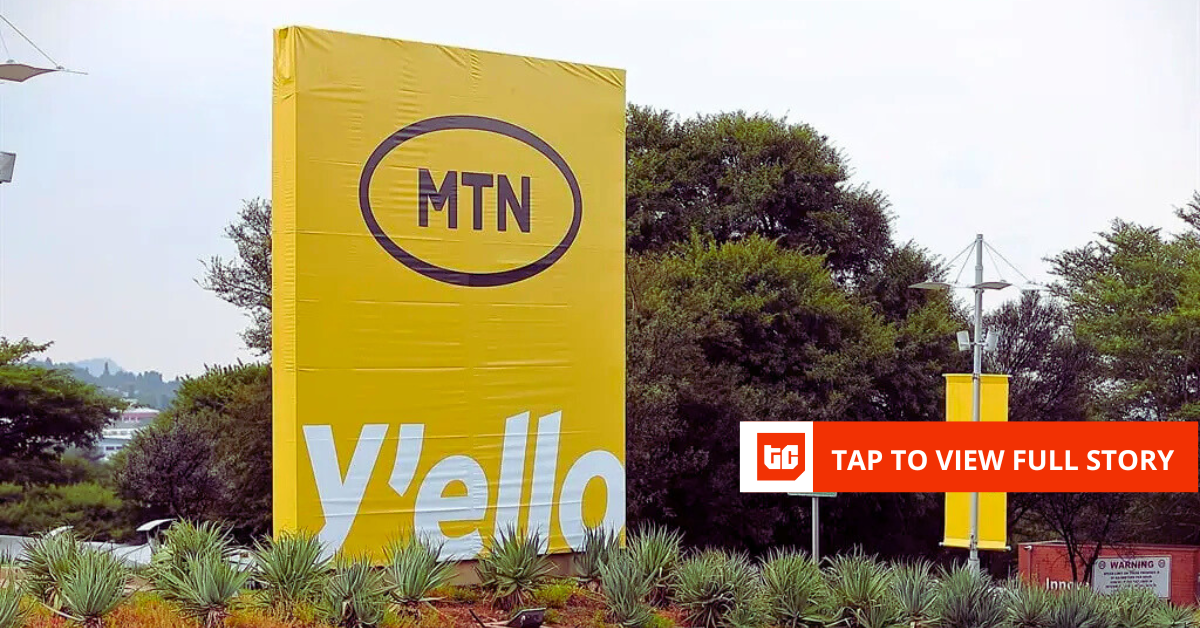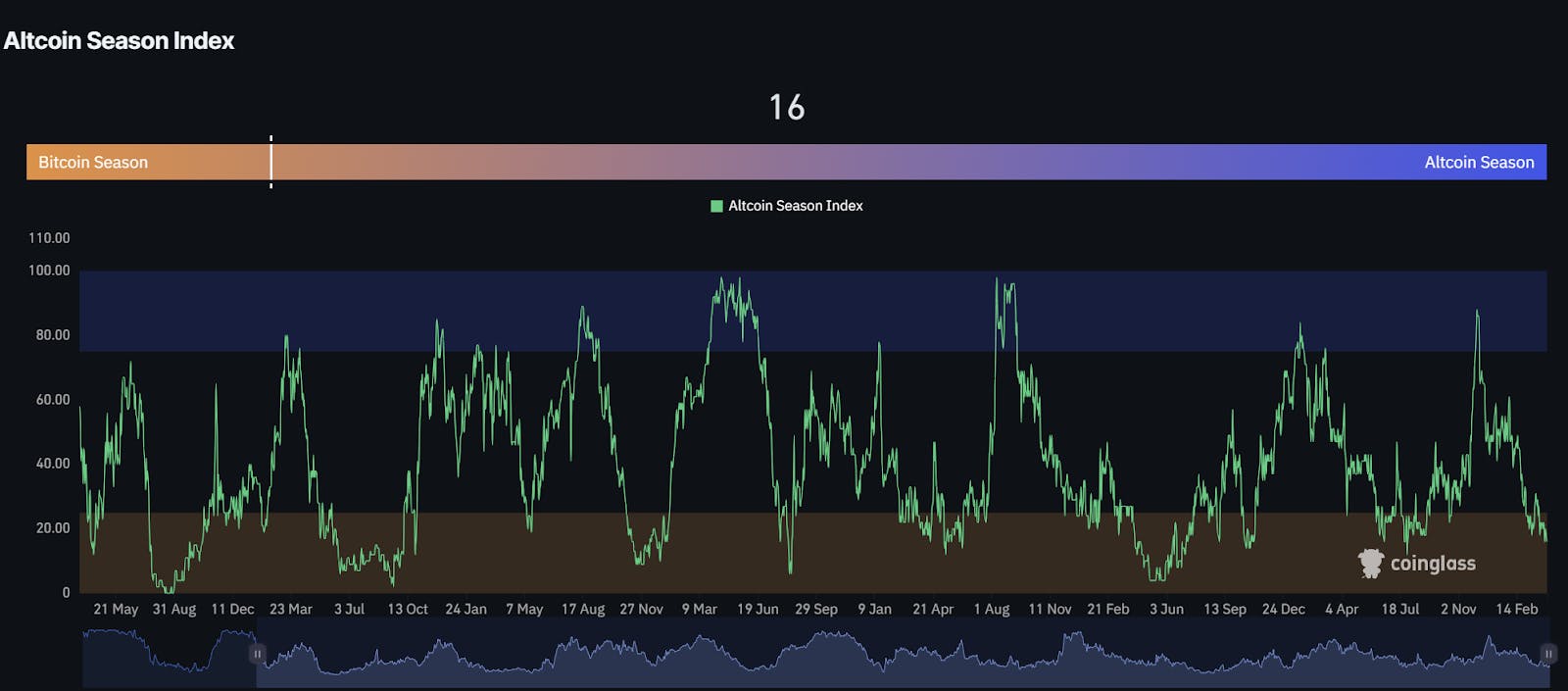MTN’s Zakhele Futhi (MTNZF), a Black Economic Empowerment (BEE) investment scheme, will begin paying out shareholders from July 28, 2025, nearly nine years after it launched. But for many of its investors, the long-awaited payout offers little consolation, as they say the modest returns fall far short of the value they were promised when they were first locked in.
“I will be lucky to get back what I put in,” says Nomvula Buthelezi, a Human Resources Practitioner. “They extended the investment term to 2027, but they now state that there is no benefit in proceeding due to market volatility. In my view, they made their profits, and the scheme did not benefit me as an investor.”
The cracks in the scheme’s foundation were visible long before its closure. In 2019, the B-BBEE Commission flagged MTNZF for being inconsistent with the objectives of the B-BBEE Act, meaning it was not genuinely empowering black shareholders as intended. The Commission noted several restrictions and limitations placed on Black shareholders; instead of giving them real ownership and decision-making power, the scheme placed limits that went against what the Codes of Good Practice require.
While MTNZF expressed its willingness to cooperate with the Commission, investors showed their frustration and disappointment as the money they are getting now is far less than they expected from one of South Africa’s biggest telecom companies.
“I invested R20,000 (R20 a share) in 2016, for many of us, it was the first time we had done something like buying shares as black women earning middle-income salaries,” said another investor, who asked to remain anonymous. “Hard-earned savings, but now, almost nine years of lock-in, with little to show.”
Luvo Grey, the secretary general of Progressive Blacks in ICT (PBICT), an advocacy group, told that MTNZF may have delivered modest capital returns, but for many investors, the financial outcome fell short of expectations.
“The scheme’s empowerment goals were commendable, but the low liquidity, high volatility, and underperformance relative to the market raise important questions about how we structure future B-BBEE investment vehicles. Ownership must come with real, competitive value creation,” he said.
MTNZF is not an isolated case. Similar BEE schemes by Vodacom, Telkom, and Cell C have struggled to deliver on the expectations. This situation undermines the purpose of B-BBEE, which is to drive inclusive economic transformation. Instead of transferring ownership and control, it creates the illusion of compliance while maintaining the status quo.
Grey noted that to restore trust in equity-based empowerment schemes, there needs to be greater transparency, exit optionality, and stronger alignment between the financial upside and the risks investors bear.
“Broad-based ownership is vital, but it must also be genuinely rewarding if we are to drive long-term participation in the equity economy,” he said.
What should shareholders who want to cash out do?
For the shareholders who want to cash out, MTNZF told the returns will be paid to shareholder bank accounts for certificated shareholders. For those shareholders who hold shares electronically (also called dematerialized), the payout will go to the Central Securities Depository Participant or a broker who manages their accounts.
The first payment of R20.00 per share will be made on 28 July 2025, with a second distribution of approximately R2.00-R3.00 per share expected thereafter.
To ensure that this happens on time, shareholders are encouraged to update their bank account and contact information. This can be done through the Shareholder Services centre, which can be accessed via phone at 010 476 2012 or 083 900 6863, WhatsApp at 011 321 5400, or email at [email protected].
Can shareholders sell their MTNZF shares?
MTNZF is now just a cash payout operation; it is no longer working as an investment scheme. The only assets left are a few ordinary MTN shares and some cash that will be paid out after costs and taxes.
“While MTNZF shares may still technically be traded, they reflect only the remaining residual MTN ordinary shares to be sold and cash to be distributed after paying or providing for costs and taxes,” MTNZF said. “As such, shareholders are advised to exercise caution when considering any sale, as the value is now tied to the sale of the residual MTN ordinary shares and final cash distributions.
Mark your calendars! Moonshot by is back in Lagos on October 15–16! Join Africa’s top founders, creatives & tech leaders for 2 days of keynotes, mixers & future-forward ideas. Early bird tickets now 20% off—don’t snooze! moonshot..com









